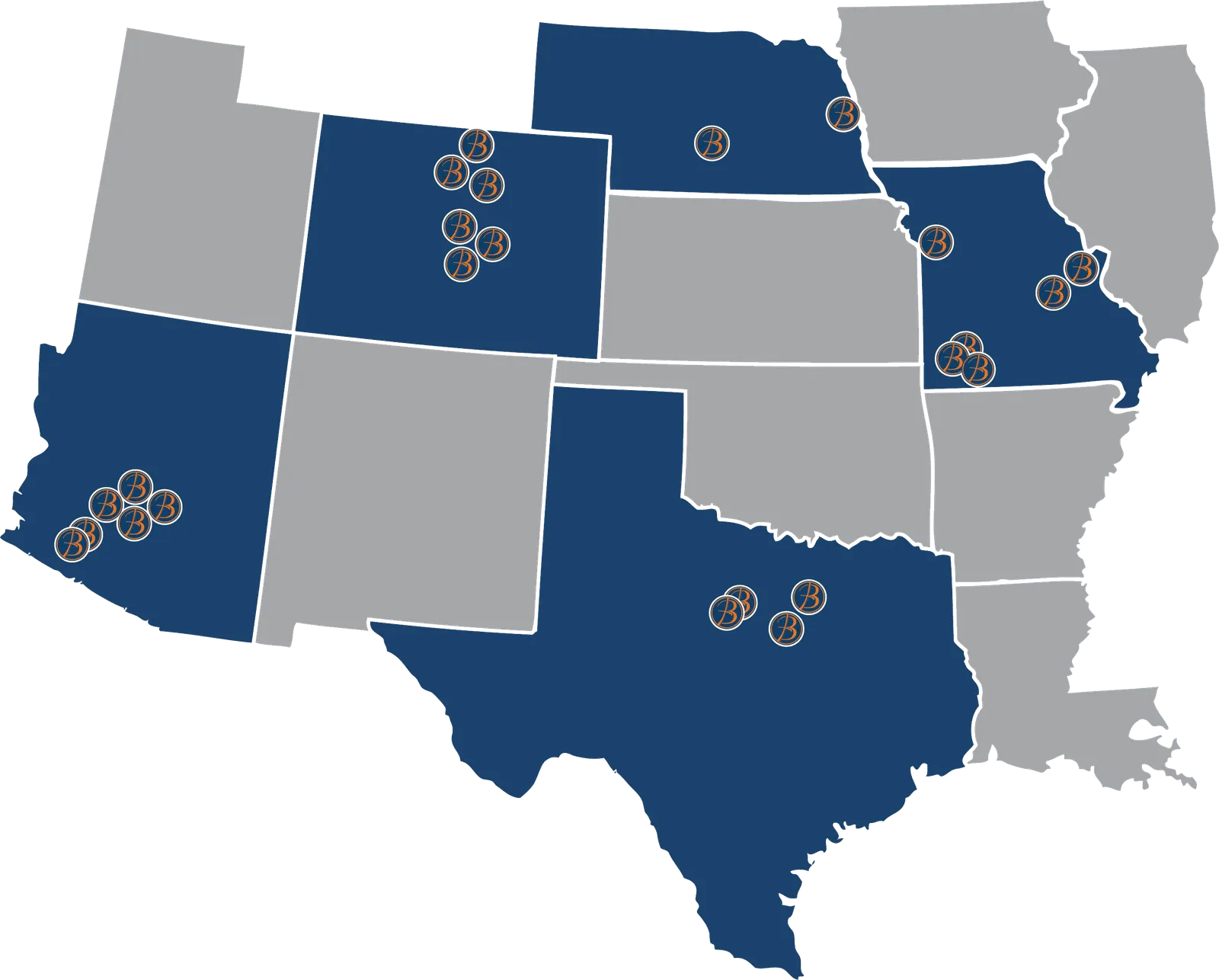On the about us page for Broadmoor Court assisted living community, we say that we're "devoted to serving our residents — offering care in a bright and intimate community."
And that's true for all aspects of care and community. Our hope is that our residents are able to enjoy vibrant, active lives in the community, and we provide a variety of amenities and services to make it so. From lovely assisted living apartments to activity schedules that offer something for everyone, we create a culture and lifestyle meant to be enjoyed.
We know, though, that even in this environment, seniors can face stresses related to everyday life. One of those stresses might be protecting themselves from financial losses associated with fraud and scams. To help seniors and their families protect against these unfortunate and negative assaults, we've provided a short guide to common scams that target seniors below.
This scam plays on someone's worries about the safety of their loved ones. Here's how the scam typically plays out:
Don't act immediately. Hang up the phone and call your loved one on a known current number to check on them. If you can't reach them, reach out to someone else, such as their parent, to get help contacting them. You might also report the scam call to local authorities if you're still worried that your loved one might be in danger in the future.
Spoofing occurs when someone pretends to be someone else. In the case of this scam, people pretend to be official agents of the Social Security Administration. One of the most common versions of this call involves a phone call where someone (or a recording) tells you that your Social Security account is in danger of suspension.
The call typically makes references to illegal activity and may even make threats that the IRS or police have issued a warrant. Another threat is that someone is coming to your house to seize your stuff. You're asked to make a payment immediately to keep this from happening.
None of this is actually how the Social Security Administration works, and typically these calls involve poor recording quality, poor grammar and odd phrases.
The Social Security Administration says you should ignore these calls or report them to the Office of Inspector General. You can read more about the SSA's take on these calls on its website.
Fake charity scams are ongoing all the time but pop up even more after natural disasters or other events. The scammers use interest in current events to make their charities sound more legitimate. They call or email seniors asking for donations. Sometimes, they simply steal the donation money and that's the end of the story. In other cases, they use the payment information provided, such as checking account or credit card numbers, to steal even more money.
Seniors can avoid these types of scams by only giving to charities they know and trust.
Email phishing scams are some of the most clever and hardest to detect. These scams involve someone sending you a fake email about a legitimate account or business. For example, you might receive an email that looks a lot like one that might come from your bank.
Often, the emails ask you to click on a link and log into your account. But the link leads to a fake site, and when you enter your login and password, you compromise that information and make it easier for hackers to get into your account.
Avoid this scam by not clicking links in emails. If you think your bank or another site legitimately needs you to log in to take care of something, navigate to that site via your browser by typing the normal URL into the browser bar or using a bookmark you've previously saved. That bypasses the potentially questionable email link.
Unfortunately, scammers take any opportunity to defraud others. And COVID-19 is one. Some people are reportedly peddling fake cures or the promise of a vaccine to people via phone. If you receive a call offering a random COVID-19 cure, just hang up.
If there's a cure, you can be sure that the Broadmoor Court staff or your personal doctor will let you know. And until then, it's best to continue to follow social distancing and other safety guidelines published by legitimate sources such as the Centers for Disease Control and Prevention.

2045 Roanoke St.
Colorado Springs, CO 80906
Sales & Marketing: (866) 928-5321
Reception Desk: (719) 471-2285


